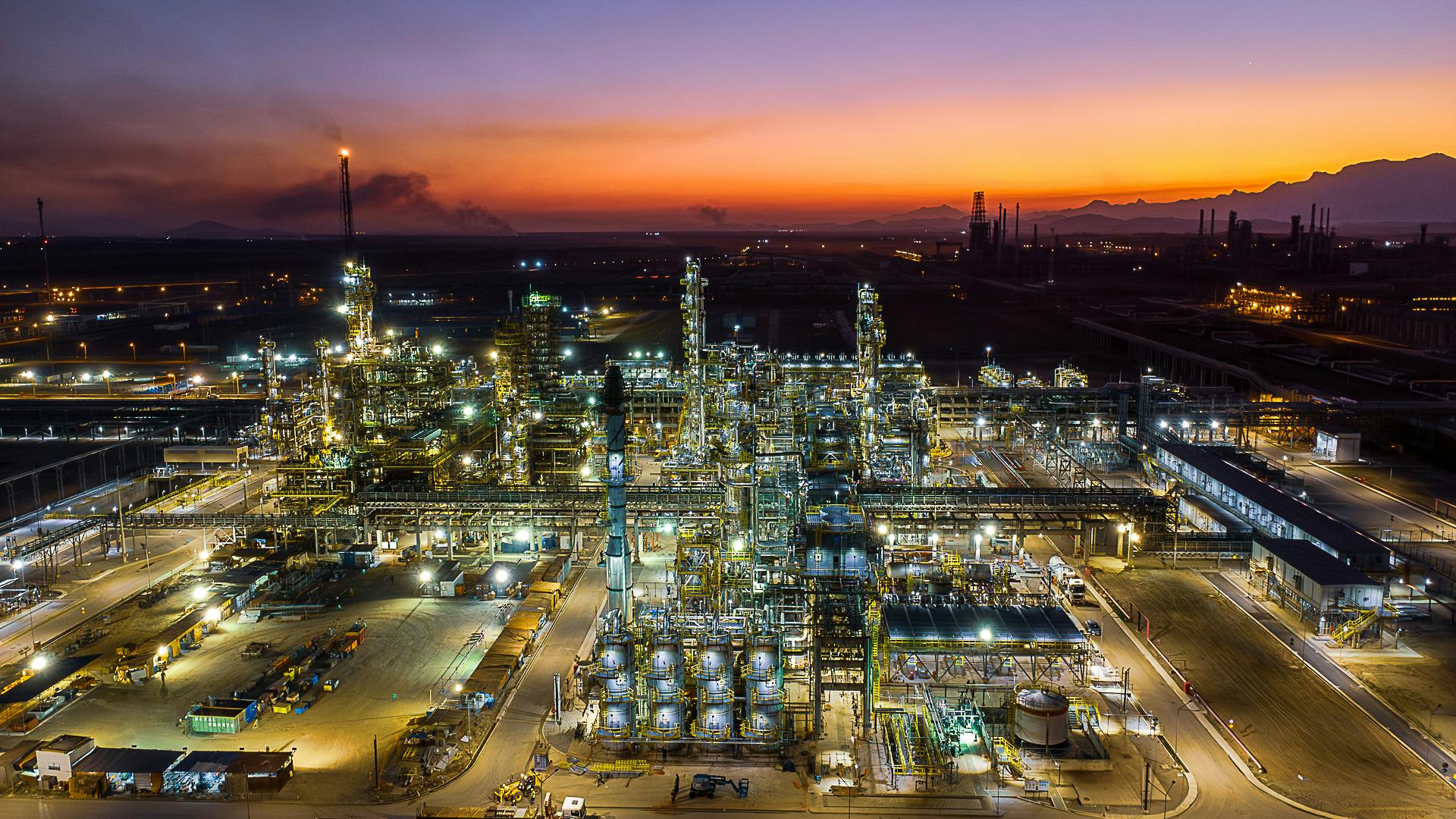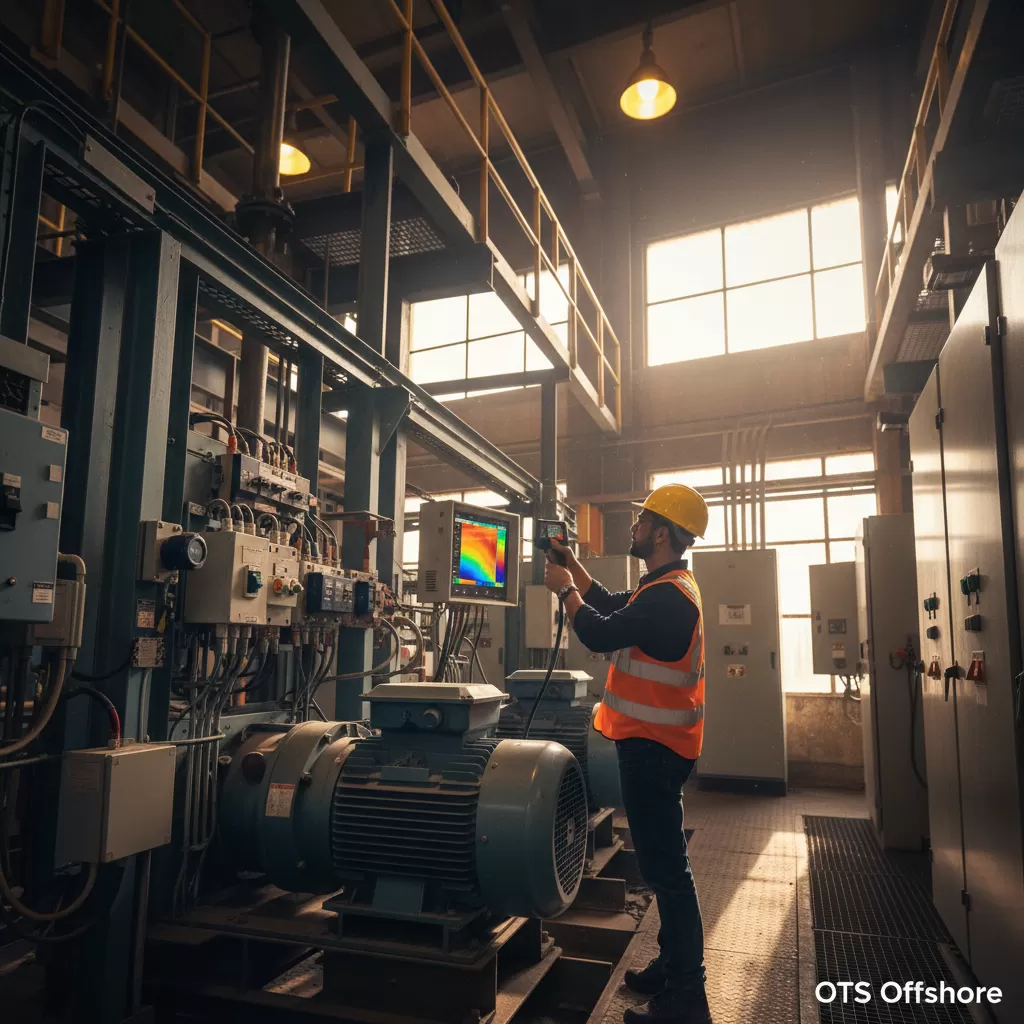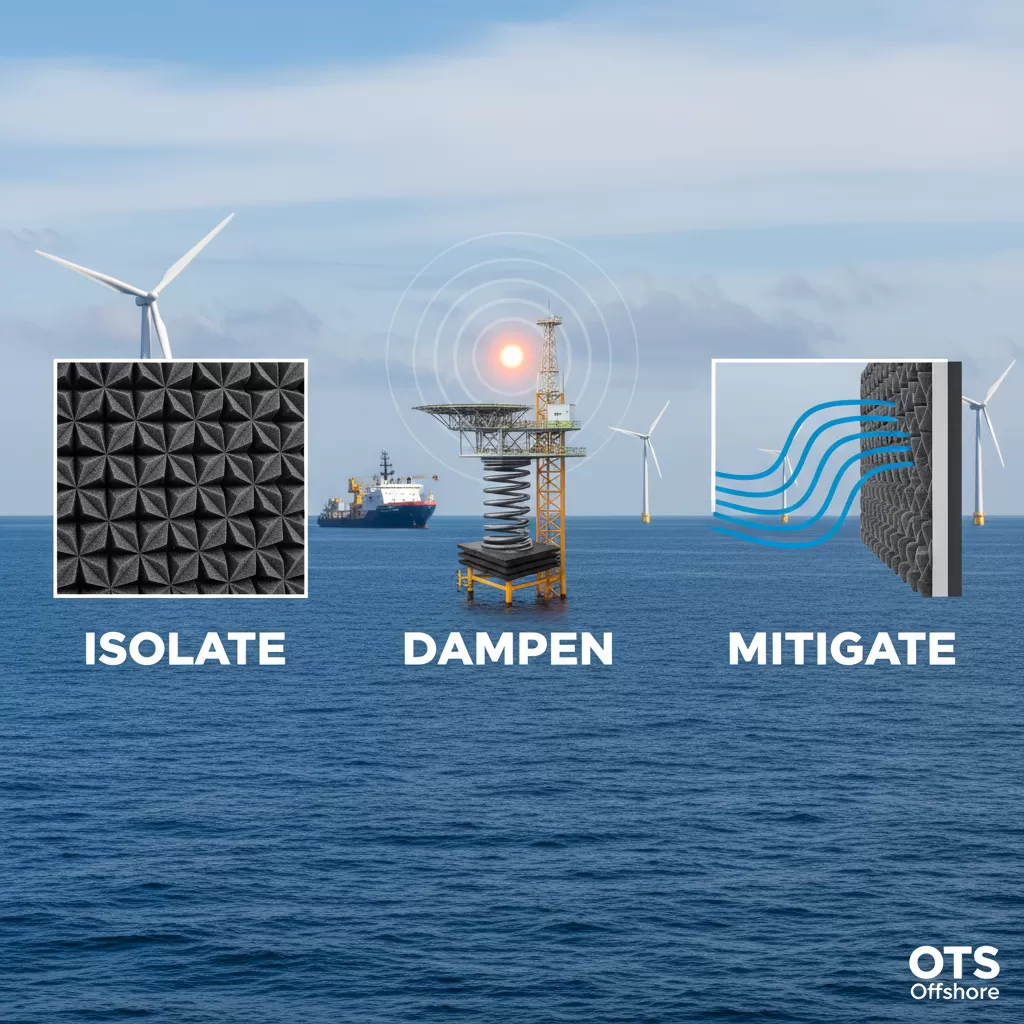**Petrobras Embarks on a Major Gas Processing Undertaking in Brazil’s Presalt Fields**
In a significant move to enhance Brazil’s energy landscape, Petrobras is poised to significantly increase gas supplies from the country’s offshore presalt fields. The hydrogenated facility, situated in Itaboraí within the metropolitan region of Rio de Janeiro, is Brazil’s largest natural gas processing unit (UPGN) and is expected to be operational by October.

The UPGN, located at the revamped Boaventura Energy Complex, will receive gas from the presalt Santos Basin fields via the newly constructed 355-km gas pipeline. Approximately 60% of the natural gas produced in these fields is currently reinjected during oil production, accounting for nearly 76% of Brazil’s 13.4 trillion cubic feet of proven natural gas reserves, according to the US Energy Information Administration’s 2023 Brazil country brief.
Petrobras has initiated pre-commissioning activities for the UPGN, which will process up to 21 million cubic meters per day and deliver gas through the subsea Route 3 gas pipeline. This ambitious project, dubbed Route 3 Integrated Project (PIR3), aims to boost gas supplies by up to 18 million cubic meters per day, thereby reducing Brazil’s dependence on imports[1][2].
The project’s success hinges on the calibration of processes and equipment. Petrobras has already received authorization from the National Agency of Petroleum, Natural Gas and Biofuels (ANP) for the facility’s industrial operation. The company is set to begin commercial operations in the first half of October, gearing up for increased industrial activities and strategic alliances with key stakeholders[1][2].
In line with broader energy policy objectives, Petrobras is strategically positioning the UPGN as a cornerstone in the company’s endeavor to increase cleaner energy supplies to the Brazilian market. This initiative is part of Petrobras’s comprehensive strategy to commercialize and monetize associated gas production from the presalt cluster, contributing to Brazil’s goal of reducing imports and enhancing domestic energy security[2].
Moreover, as Brazil’s oil industry continues to evolve, Petrobras remains committed to limiting CO2 emissions in its operations. This commitment is evident in ongoing CCUS (Carbon Capture Utilization and Storage) projects underway in the Santos Basin. By integrating CCUS technology, Petrobras aims to ensure that gas reinjection does not become a barrier to increasing clean energy supplies, thereby supporting Brazil’s transition to a low








